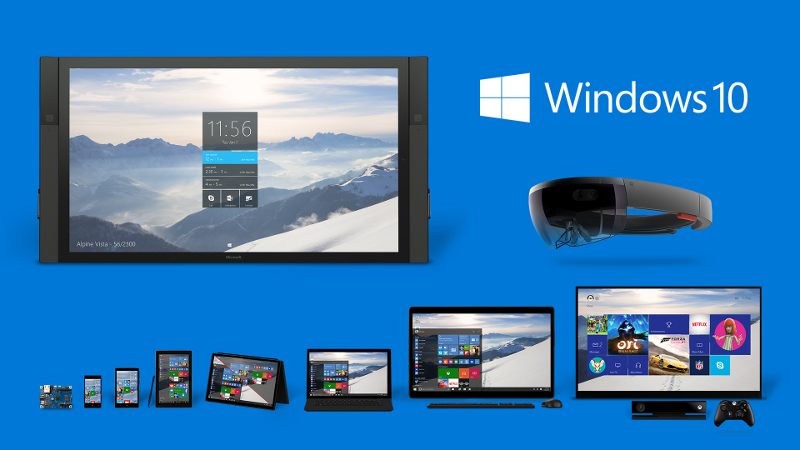Microsoft has published details on how developers can migrate existing UWP apps to the Windows App SDK (Project Reunion), which keeps the classic Win32 platform at the center of the corner. This can be useful if your app requires features and APIs that are not available in the UWP platform but are available in the Windows App SDK.

According to Microsoft, it still supports UWP apps, so developers can decide which platform to use for a new project. So, if you are satisfied with the current functionality of the UWP, then there is no need to switch to a different project type. Also, Windows will continue to use UWP for built-in apps.
If you are a UWP application developer and want to use the latest developments in WinUI 3 and .NET 5/6 (and newer versions), then you need to port your project to the Windows App SDK. Going forward, the UWP platform will only receive bug fixes and security improvements, and will not have access to new APIs.
In fact, this indicates that the UWP platform is now deprecated, similar to what happened to WinForms in the .NET Framework.
You can learn more about converting your UWP apps to Windows App SDK on the official website. There is also a FAQ posted on GitHub.
Support us
Winaero greatly relies on your support. You can help the site keep bringing you interesting and useful content and software by using these options:
If you like this article, please share it using the buttons below. It won't take a lot from you, but it will help us grow. Thanks for your support!
Advertisеment

“the UWP platform is now deprecated” – finally!
“Windows will continue to use UWP for built-in apps” – how could it be, if UWP is depricated?